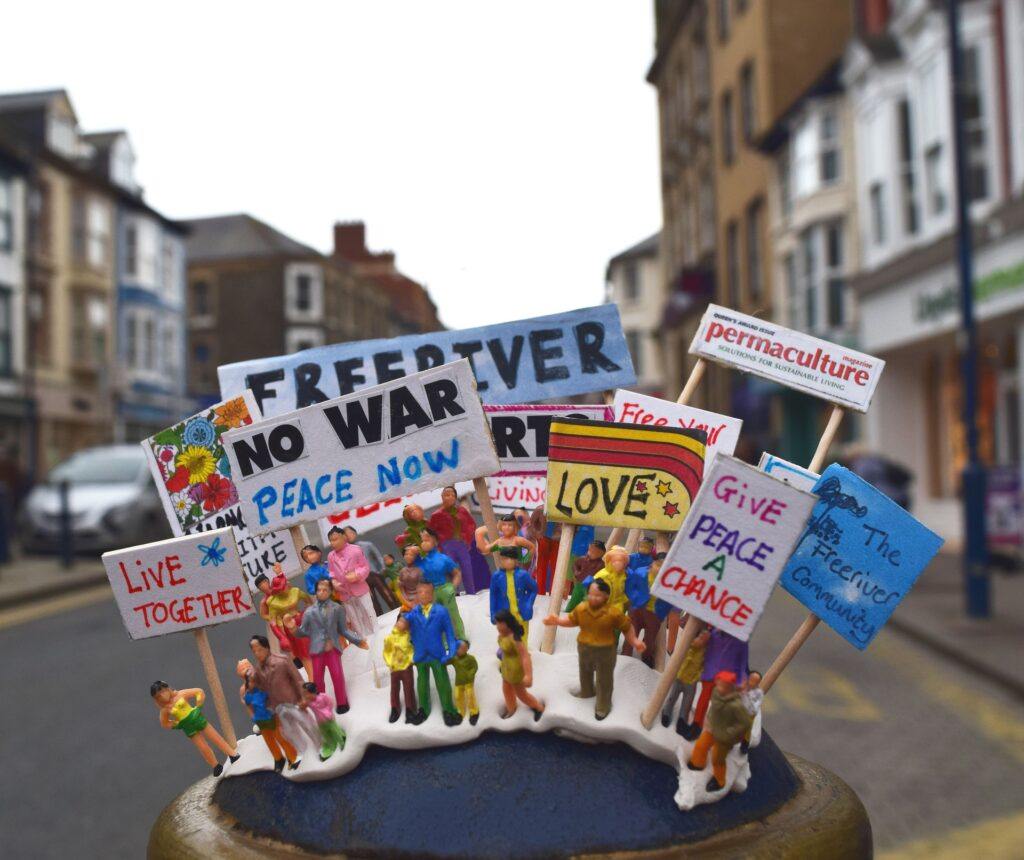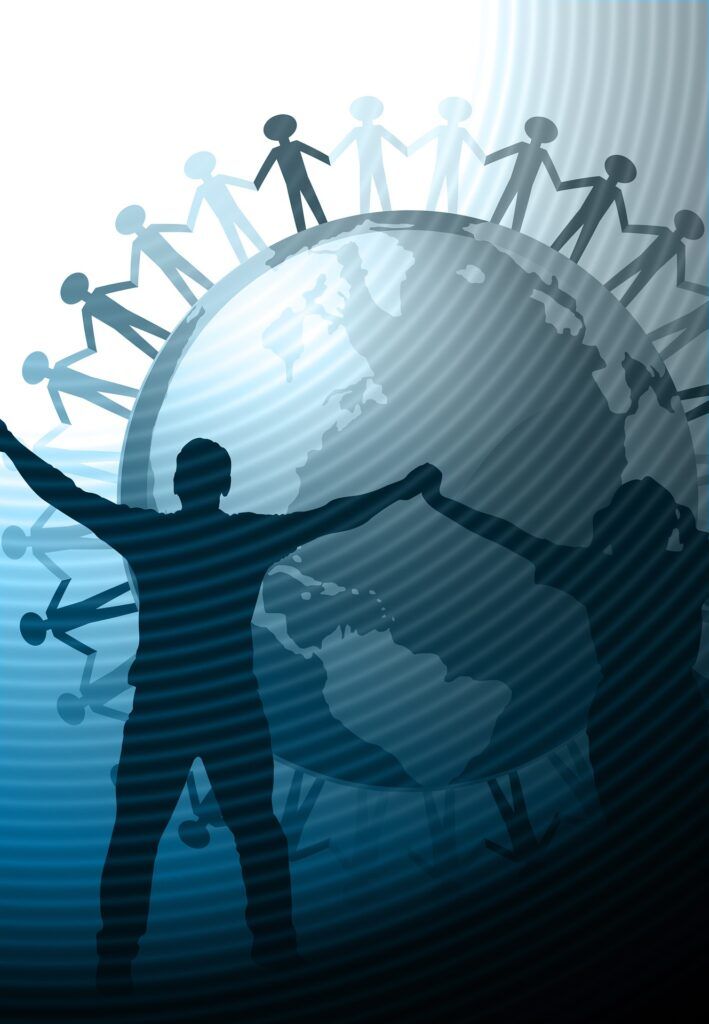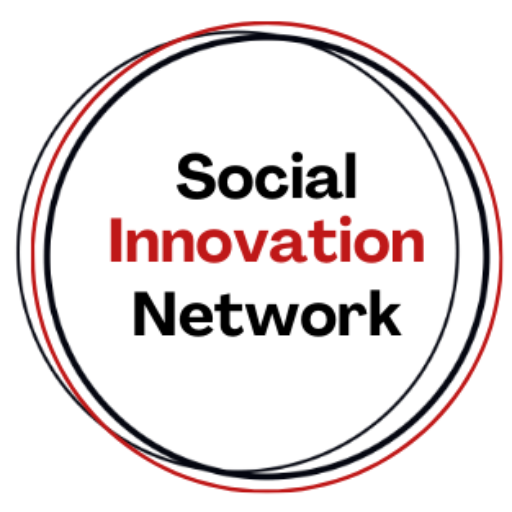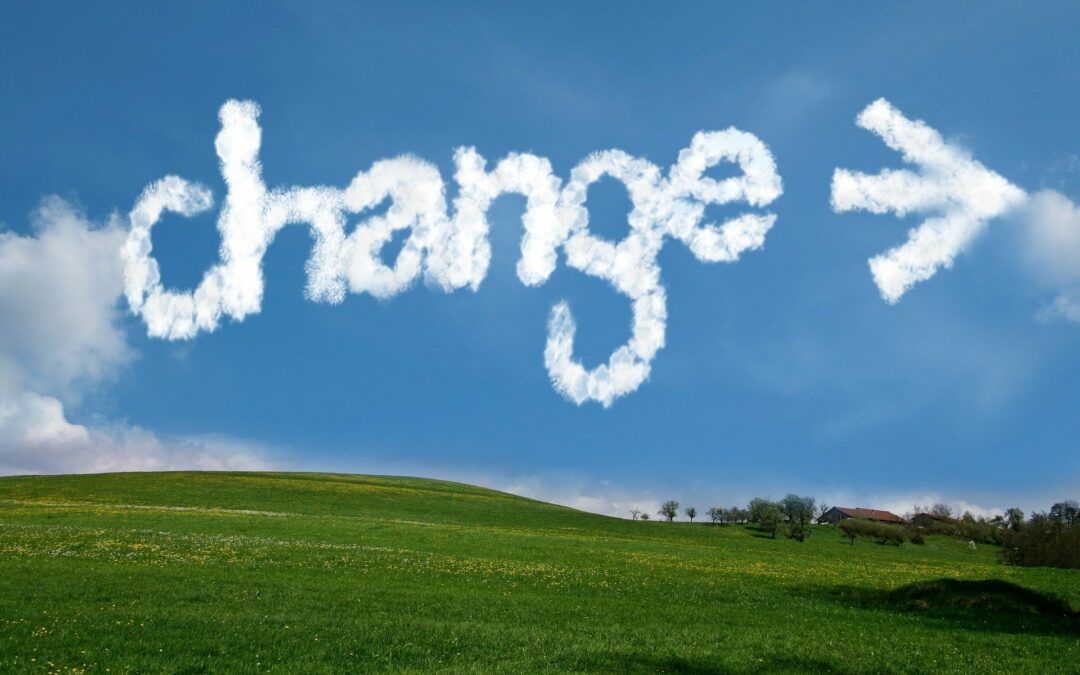We live in an increasingly fast-changing and interconnected world. A world where many of the jobs of today will be obsolete tomorrow. A world where we need to equip our youth to have the skills and confidence to tackle some of the biggest problems facing our human family…we need a generation of changemakers.
“Changemakers identify problems and see it as an opportunity to build a solution. They apply the critical skills of empathy, teamwork and leadership to make positive impact” – Ashoka, Innovators for the Public.
Who is a Changemaker?
Ashoka, the world’s largest network of social entrepreneurs, refers to the Changemakeras the social entrepreneur that we all carry within ourselves: it is about all of us being aware of our power to improve the world, and let’s use it. Discover it from who has coined it.
Achangemakeris aperson that who desires change in the world and, by gathering knowledge and resources, makes that change happen.A changemaker gives themselves the permission to do something about a social problem, and keeps trying until they have made a difference.
A very simply, a Changemakeris someone who is taking creative action to solve a social problem.

What are the Changemaker attributes for social innovation and social impact?
Through a thematic literature review by the University of Northampton (Northamptonshire, UK) an amalgamated set of attributes for social innovation and social impact emerged:
- Self-confidence: in having and sharing other’s points of view, in challenging other’s assupmption, in being able to instigate change, to work with others)
- Perseverance: be optimistic, adapt in positive ways to changing circumstances, practice tolerance)
- Internal locus of control: being self-regulating in monitoring progress against a plan, work in a self-directed way.
- Self-awareness: have awareness of own strengths, weaknesses, aims and values, be willing to learn and develop.
- Action orientation: engage in action planning.
- Innovation and creativity: be a future-thinker.
- Critical thinking: be motivated and skilled to locate, interpret and evaluate a rage of evidence, using tools where appropriate.
- Empathy: develop an aptitude for understanding anothers’ perspective.
- Reflective: be motivated to engage in active reflection as a means of problem solving.
- Communication: influence, persuade and negotiate to positive ends.
- Emotional intelligence and social intelligence: be socially aware, use emotion in positive ways.
- Problem solving: recognise problems, develop an strategy for problem solving and evaluate the strategy.
- Leader: inspire others, make decisions, implement change.
- Values-driven: be a global citizen, be an advocate for social justice and wellbeing.

How can someone become a Changemaker?
No one person can do anything alone and it will always take you inspiring others to make an impact. In the end, being a Changemaker means being someone who’s able to inspire others, being able to adapt to the changes around you and being able to become the change you want to see happen.
Most changemakers started some sort of initiative in school or got engaged in church related activities at a young age. The sorts of commitment range from offering (practical) help to others (like people with disabilities), first social business endeavours like drawing small painting and selling them to raise donations for people in need to opening a public library where the community could meet, educate themselves and get to know each other.
Becoming a changemaker is embracing the “unifying principles” of social innovation and social impact, listed below. A challenge of the Educational Centres that want to embrace the Changemakermethodology is not to provide students with a selection of pre-defined opportunities to engage with social innovation and social impact. Rather, the aim is to incorporate the principles of Changemaker into all Educational programmes and embedding the Changemaker principles into their teaching practice.
- Believe in a responsibility to make positive changes in society.
- Have the power and resources to make a difference (tangible and intangible).
- Take initiative to bring about innovative change, local and systemic.
- Work with others to maximise impact, working in groups and networks. 5. Know and live authentically according to one’s values.
- Practice empathy by engaging in another person’s world without judgement
There are many communities of Changemakers around the world.
ChangemakerXchange is a global community providing safe, supportive, fun, and empowering spaces for changemakers. They foster profound and lasting connections, nurture wellbeing, and enable peer-learning and meaningful collaborations so that changemakers may create, sustain and scale positive change.
You can visit its website and join: www.changemakerxchange.org.

Types of Changemakers
There are several classifications of the different types or archetypes of Changemakers.
A study of the Social Change Impact Report (University of Walden, 2013) identifies six distinct types of social change agents who are doing critical work around the world. The six are: Ultra-committed Change-Makers; Faith-Inspired Givers; Socially Conscious Consumers; Purposeful Participants; Casual Contributors and Social Change Spectators. Each group is unique in terms of engagement, motivation and causes. Which one are you?
Ultra committed Change-Makers dedicate their lives to leading positive social change and are interested in different causes, believing strongly in their ability to make a real difference in their communities and feel happy as a result of their involvement. Plugged into technology, they are online initiating conversations about community action and believe social change should be taught at a young age. Growing up, many in this profile probably had parents who were active in social change. As adults, they engage in societal change at least once a month.
Religion is a driving force behind Faith-Inspired Givers, who cite their faith, not work or school, as a major influence. Many sharing this profile tend to be older than the other agents and less likely to connect online.
Socially Conscious Consumers often seek out products and services from companies they perceive as behaving responsibly toward people and the environment in the communities where they operate. This group tends to be influenced by a sense of social justice. They are online connecting, educating others about local and global issues.
The Purposeful Participant engages in cause primarily to help them succeed at school or work. Pragmatic in nature, they place less importance on being personally involved in social change and less likely to donate money or services.
With Casual Contributors, local community issues are their motivators and they see social change as important, yet not likely to make it a lifelong commitment. They are often older adults without children and not influenced by work or religious beliefs.
Finally, Social Change Spectators have engaged in social change at some point, though may not be active. They do not see their actions as impacting positive change in their community and have little experience with participating in social change in their youth. Typically, they do not believe it is important to be personally involved in causes.
Education plays a vital role in providing opportunities for social change engagement and if modeled to children and started at a young age, could lead to more involvement in adulthood.

The next generation of Changemakers as social agents and leaders needs to be all of us. We all need to embrace changemaking as the new literacy. Our systems, mindsets, and frameworks fitted for the world of repetition no longer serve us in an era of explosive, omnidirectional change. Getting our cultures, systems, and approaches aligned with this new fluid, open, integrated team-of-teams paradigm is the task of emerging leaders. It’s fundamental to how we live and work together, how we prepare our kids for a world of explosive change, how we solve problems collectively, and extend opportunity to all. To succeed as an organization or a society, to stay ahead of massive change and make something good out of it, everyone needs to thrive and contribute. We all must have the capacity for social-response-ability.
Believe in a responsibility to make positive changes in society.
2.Have the power and resources to make a difference (tangible and intangible).
3.Take initiative to bring about innovative change, local and systemic.
4.Work with others to maximise impact, working in groups and networks.
5.Know and live authentically according to one’s values.
6.Practice empathy by engaging in another person’s world without judgement
Believe in a responsibility to make positive changes in society.
2.Have the power and resources to make a difference (tangible and intangible).
3.Take initiative to bring about innovative change, local and systemic.
4.Work with others to maximise impact, working in groups and networks.
5.Know and live authentically according to one’s values.
6.Practice empathy by engaging in another person’s world without judgement
Believe in a responsibility to make positive changes in society.
2.Have the power and resources to make a difference (tangible and intangible).
3.Take initiative to bring about innovative change, local and systemic.
4.Work with others to maximise impact, working in groups and networks.
5.Know and live authentically according to one’s values.
6.Practice empathy by engaging in another person’s world without judgement
Key words
Social innovation ; Social entrepreneurs

References
A global community of young social innovators.https://changemakerxchange.org/
Ashoka.www.ashoka.org
Rivers B.A, Armellini A., Nie M. (2015) Embedding social innovation and social impact across the disciplines Identifying “Changemaker” attributes. https://www.researchgate.net/publication/282203275_Embedding_social_innovation_and_social_impact_across_the_disciplines_Identifying_Changemaker_attributes.
Six types of Social Change Agents around the world (2013, Walden University) https://www.prnewswire.com/news-releases/new-walden-university-study-reveals-six-distinct-types-of-social-change-agents-around-the-world-235213811.html#:~:text=As%20revealed%20in%20Walden%20University’s,Contributors%20and%20Social%20Change%20Spectators.Retrieved on 22 November 2021.
Images
https://pixabay.com/es/illustrations/placer-cheers-tierra-globo-pocos-4778398/ by Gerd Altman
https://pixabay.com/es/photos/protesta-modelos-arte-artista-2265291/ by Stuart Hampton
https://pixabay.com/es/illustrations/cambio-flechas-nubes-cielo-948024/by Gerd Altman






